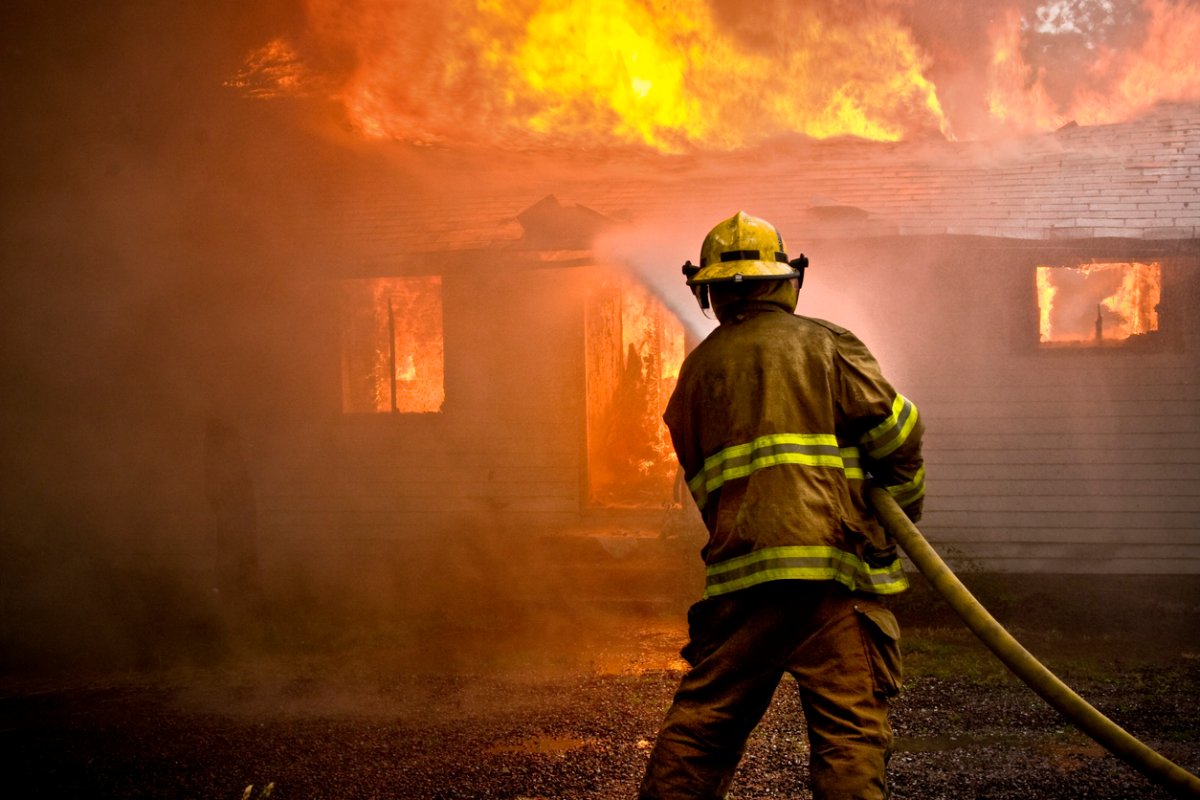

We may earn revenue from the products available on this page and participate in affiliate programs. Learn More ›
House fires are more common than you probably realize: The U.S. Fire Administration reports that, in 2020, at least 372,000 home fires occurred. These fires resulted in more than 2,600 deaths and $8.6 billion in losses. Cooking fires headed the list of causes (192,000-plus fires), but heating fires, electrical malfunctions, and simple safety missteps caused their shares of tragedies, too.
We all have busy lives, which is why carelessness comes easily, and fire starters—including light bulbs, laptops, lint traps, and even glass objects—hide in plain sight throughout the home. Fire safety should always be top of mind: Correcting bad habits and mitigating risks like these can go a long way to preventing fire disasters that cause loss of property or life.
1. Misusing Electric Blankets
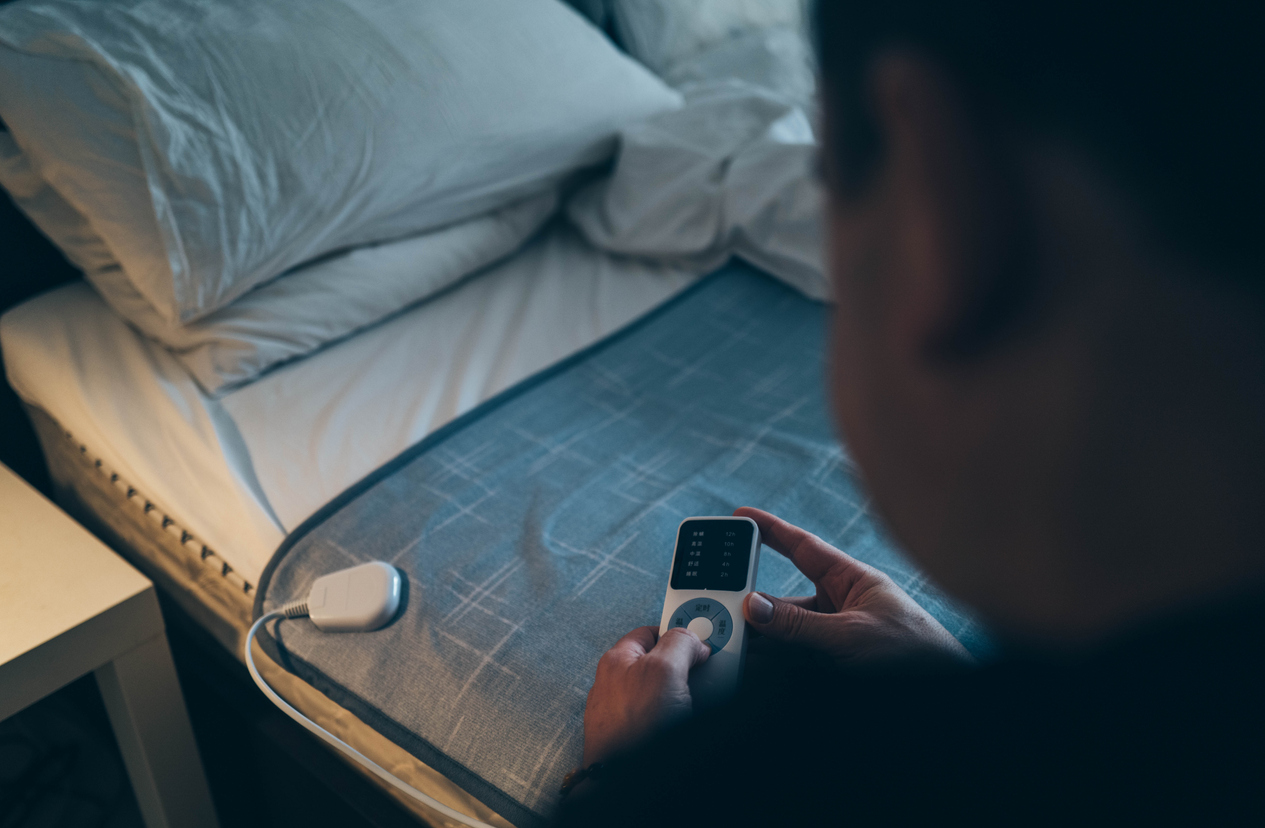
A warm, cozy electric blanket is a comfort in winter, but it also poses a potential fire hazard if it is not used properly. Never allow pets to snuggle up on top, and don’t pile additional blankets over the electric blanket, because excessive heat buildup may lead to fire. Other safety practices to follow include keeping your electric blanket at its lowest setting, not bending its coils, and always remembering to turn it off in the morning.
RELATED: The Best Electric Blankets to Keep You Warm and Cozy, Tested
2. Ignoring Appliance or Electronics Recalls
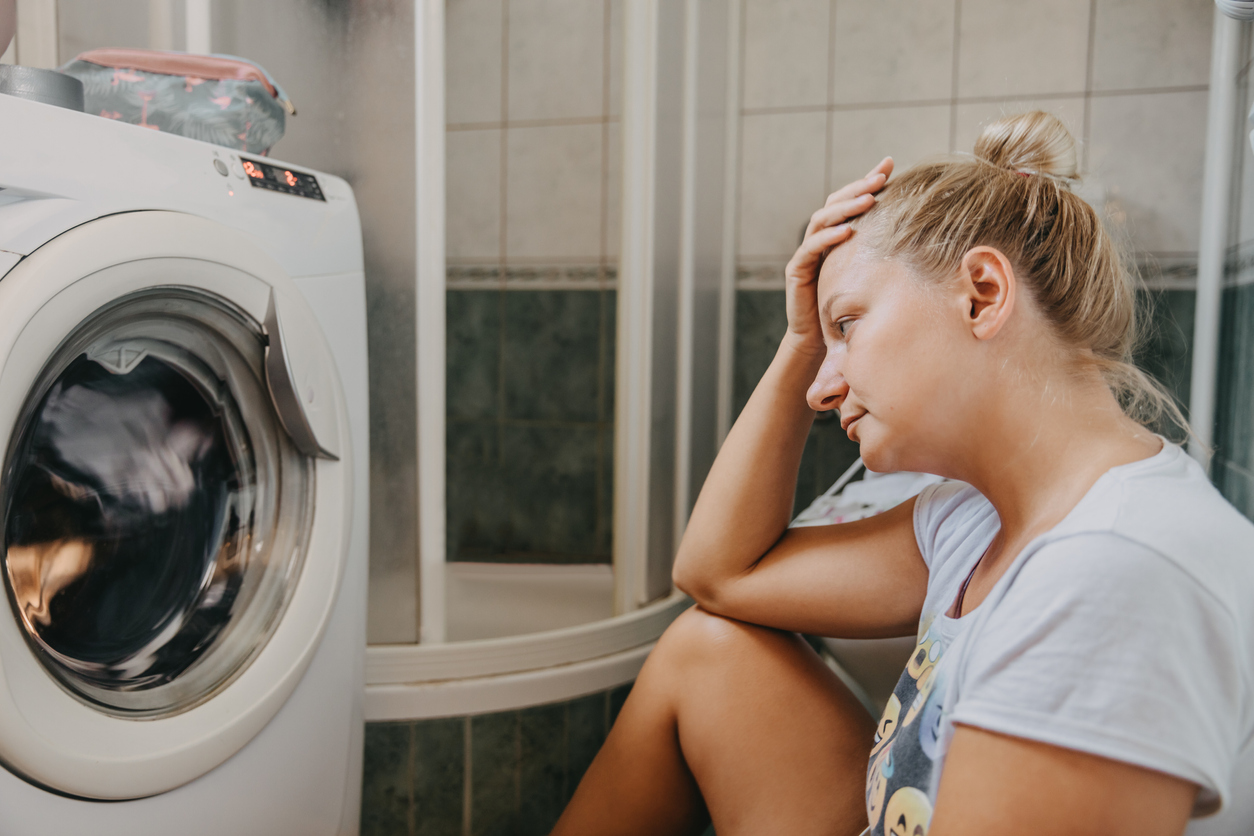
Over the past decade, home appliances caused an estimated 150,000 fires each year, and a significant number of these were caused by defective appliances. In February 2023, the U.S. Consumer Product Safety Commission announced a recall of 2 million units of a popular air fryer brand sold throughout North America because they had received 205 reports of the appliances catching fire, burning, or melting.
It’s not just appliances that are failing: Batteries that power the plethora of electronics in our homes, including smartphones, cordless tools, and remote-control aircraft or toys, can short circuit or overheat and cause fires. To stay on top of recalls and prevent disaster in your home, register your appliance with the manufacturer or go to www.cpsc.gov/recalls to find out if any of the products you own are on the list.
3. Letting Dryer Lint Build Up

Many people know that cleaning a dryer’s lint screen increases its efficiency, but did you know that not cleaning it is a huge fire hazard? Lint is flammable, and exposing copious amounts of it to excessive heat is a recipe for disaster. About 27 percent of the approximately 13,820 home fires caused by clothes dryers every year were caused by accumulated lint. For this reason, it’s a good idea to clean the dryer vent, exhaust duct, and interior of the dryer frame regularly to clear away lint and clogs and reduce the risk of fire. Better yet, hire professionals to clean the dryer vents every couple of years—it’s money well spent.
4. Allowing Your Laptop to Overheat

If you have a laptop computer, you know how warm it can get. Leaving it on your bed, couch, rug, or other soft surface can restrict airflow through the cooling vents, which can cause it to overheat and even catch fire. To prevent this from happening, keep your laptop (and other electronic devices that run on batteries) on a desk or table while they are charging or in use.
5. Choosing the Wrong Wattage
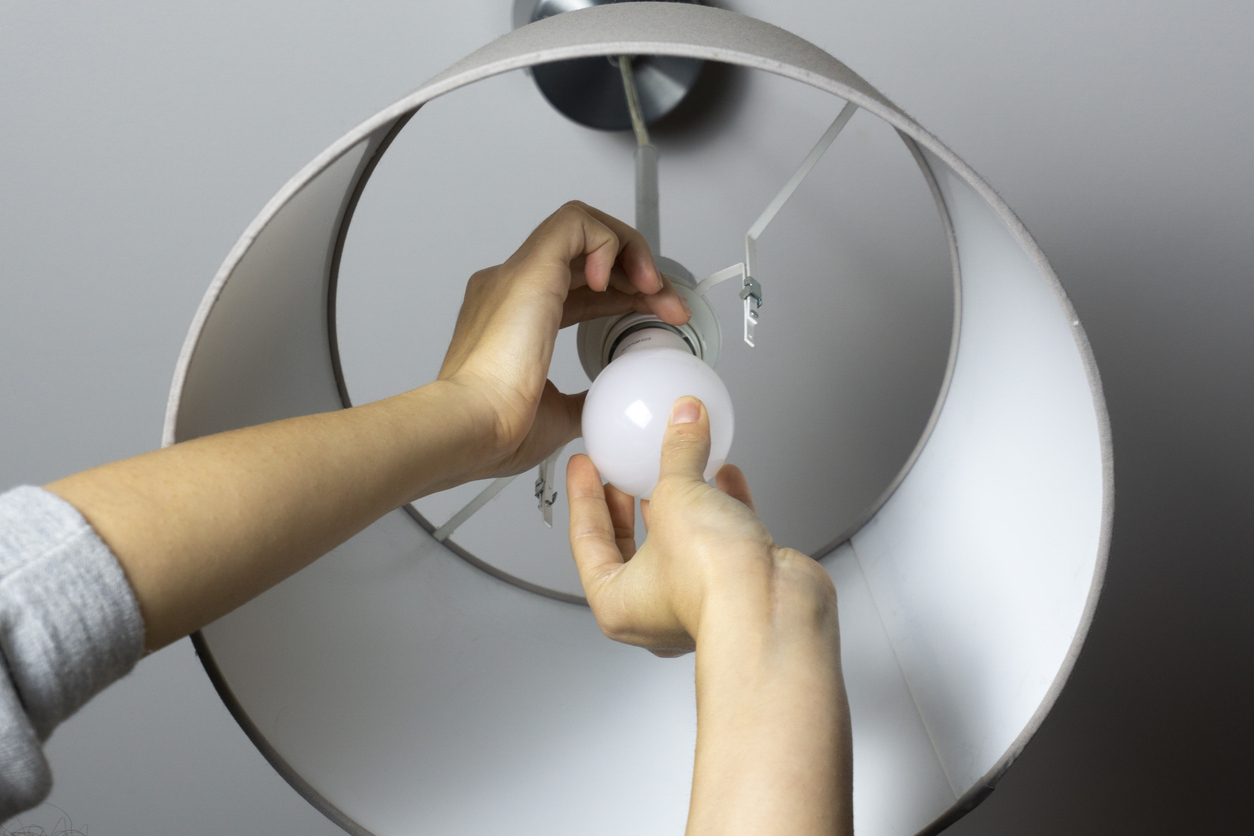
If you’ve ever thought, “It’s probably OK to use this 60-watt bulb in a 40-watt socket,” you’re not alone—but this assumption can put your home at risk. Installing a light bulb with a wattage that is higher than what the fixture can handle is a leading cause of electrical fires. Before swapping in a new bulb, always check the light fixture’s maximum wattage, and never install a bulb with a higher than recommended wattage.
6. Using Too Many Extension Cords
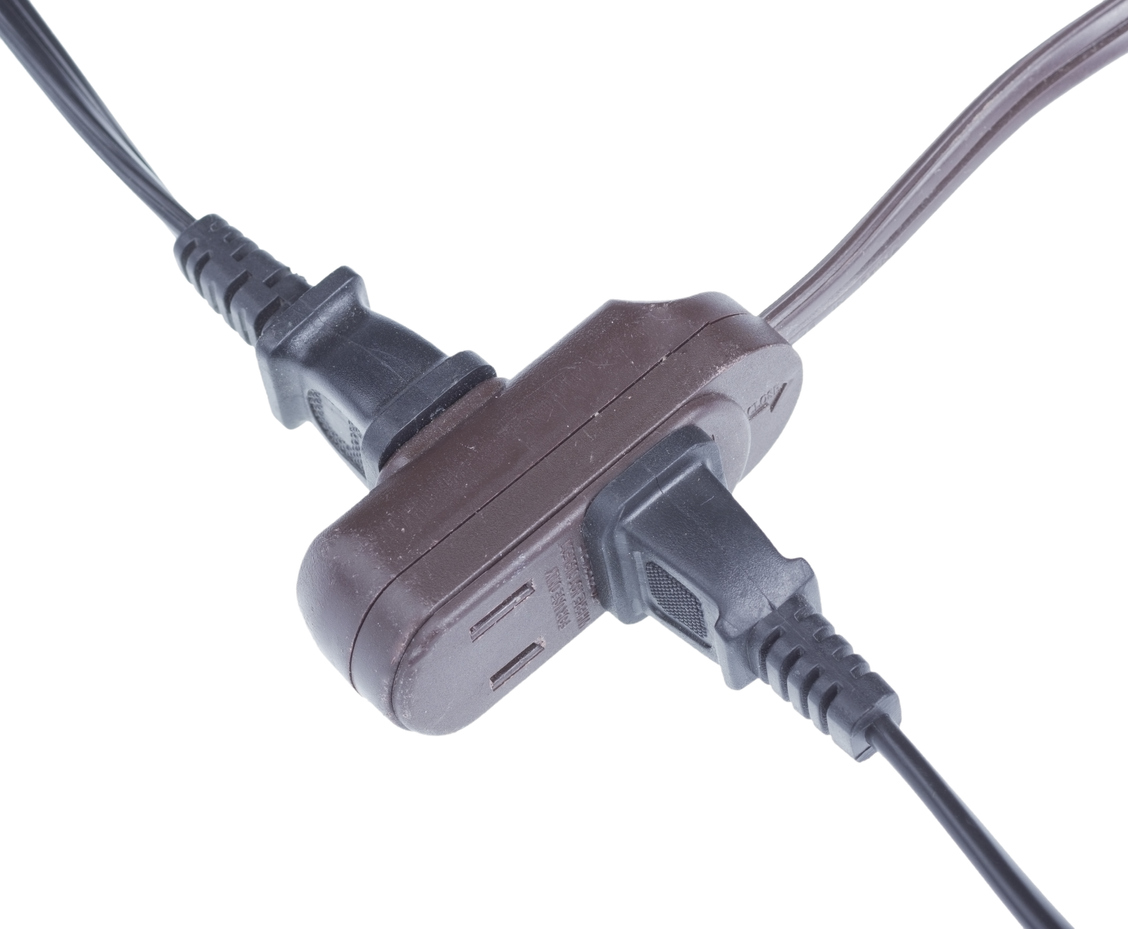
Extension cords are meant to be a temporary rather than long-term solution to a lack of proximate electrical outlets. According to the Consumer Product Safety Commission, connecting multiple extension cords together, or plugging appliances into a cord that consumes more watts than the cord can handle, can cause an extension cord to short circuit and ignite a fire. If your home is short on convenient electrical outlets, hire a qualified electrician to install them.
RELATED: 15 Things You Should Never Plug Into a Power Strip
7. Performing DIYs You’re Not Qualified to Do
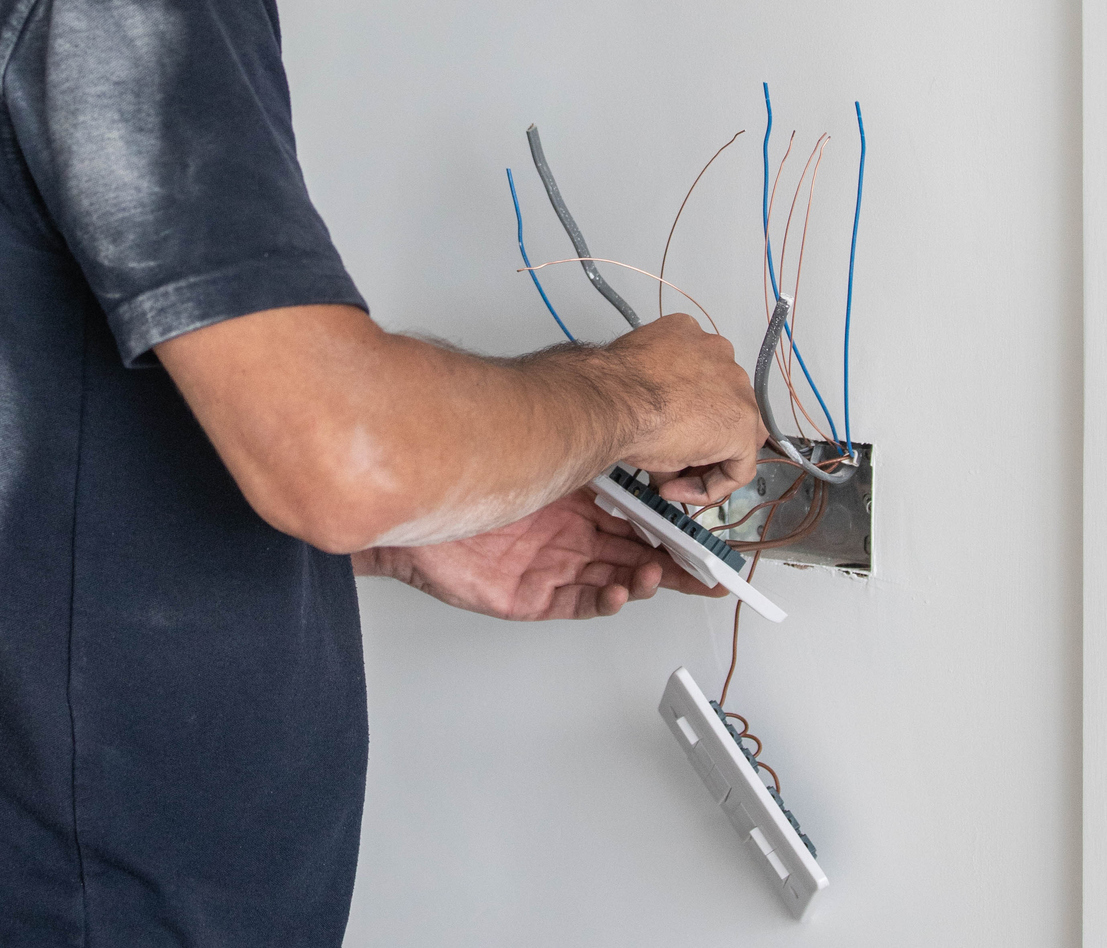
Americans spent about $624 billion in 2021 fixing up their homes, and DIYers completed some 53 million projects. While we wholeheartedly support improving and maintaining homes, there are limits to what novice DIYers should do. Most repair tasks that involve electrical wiring, plumbing, and HVAC systems should be completed by a qualified professional, because improper installation and repairs can lead to gas leaks and electrical sparks, which are common causes of house fires. Don’t put your home and your family at risk by attempting dangerous maintenance tasks on your own—hire a licensed professional instead.
RELATED: How to Hire the Best Electrician in Your Area Based on Cost and Other Considerations
8. Allowing Dust to Gather
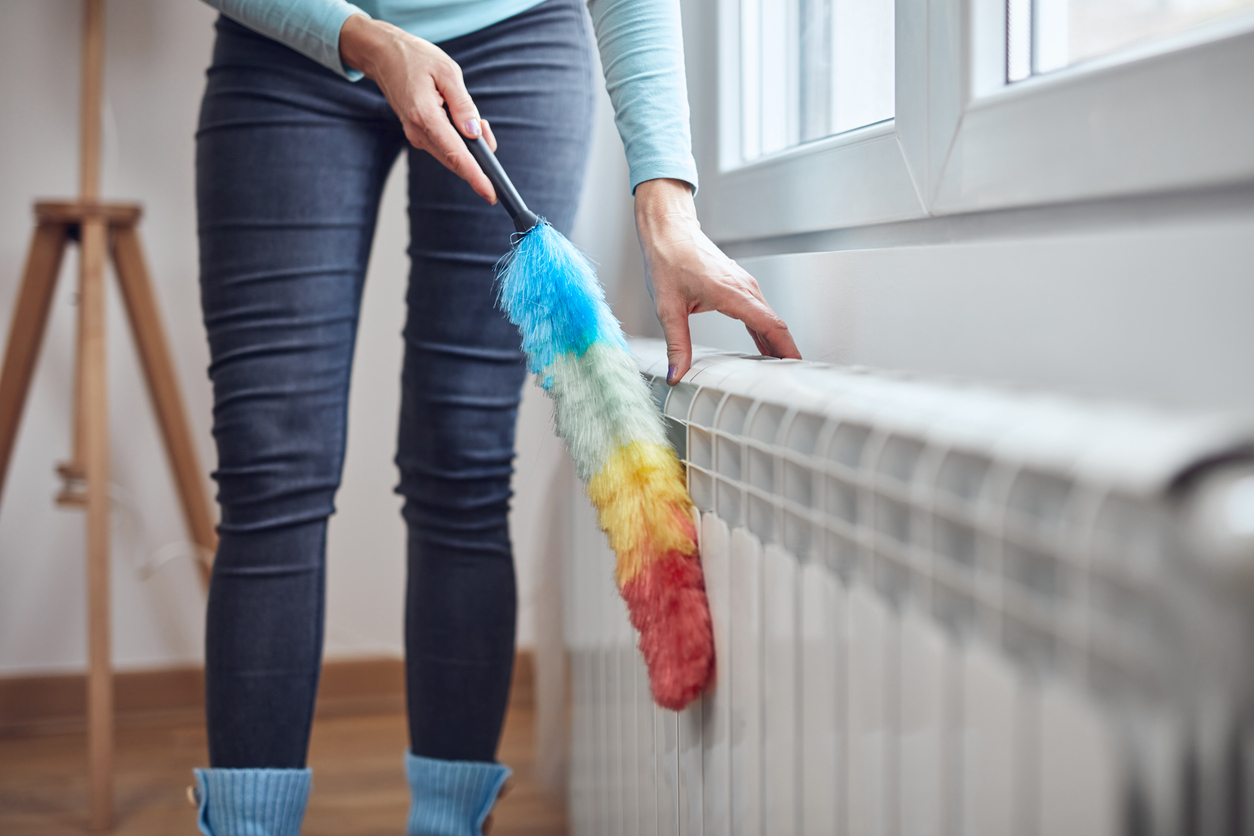
Dust buildup can be a fire hazard if it collects in and around electronics, electrical sockets, or floor heaters. Vacuuming regularly, particularly behind electronic equipment, will reduce the likelihood that dust will catch fire due to prolonged exposure to heat.
9. Storing Batteries Improperly
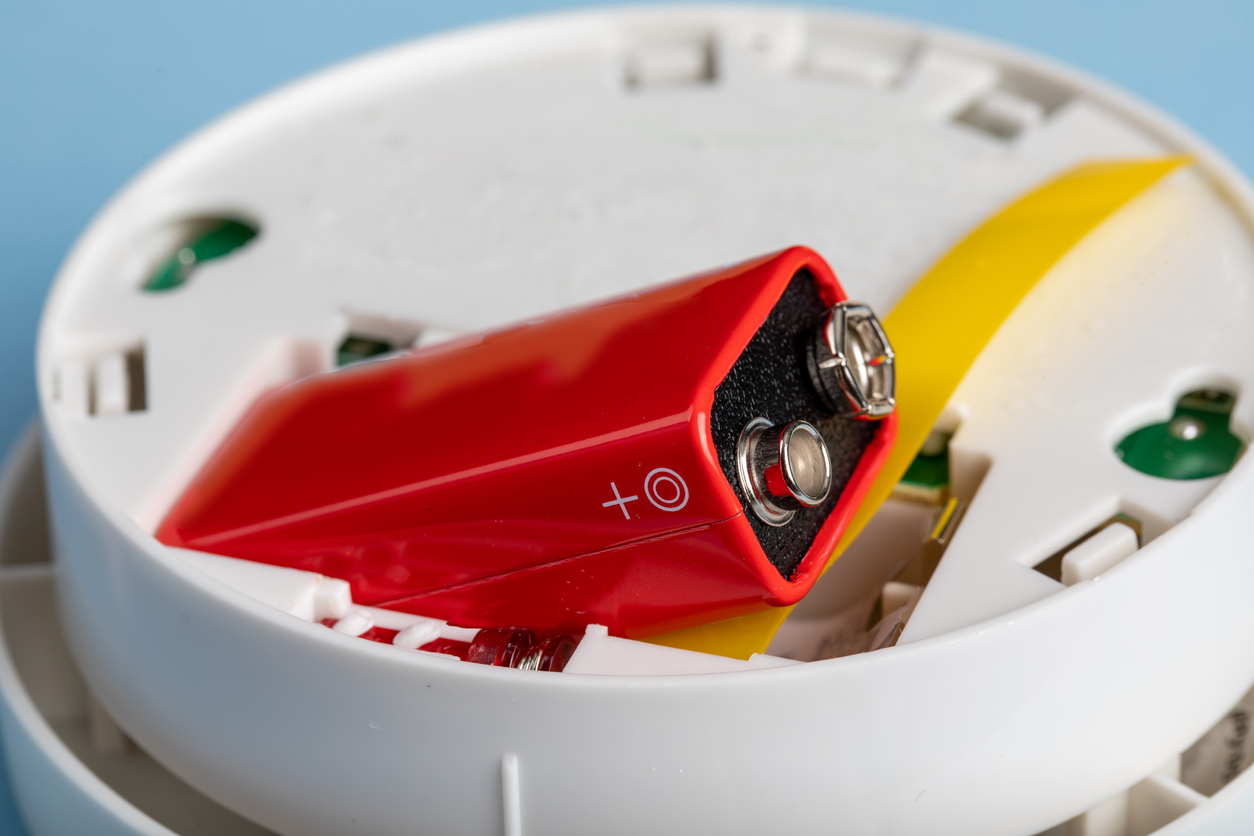
If you store 9-volt batteries in your kitchen junk drawer, you might be putting your home at risk. When loose batteries roll around and come into contact with other metals, such as screws or paper clips, the two terminals could short out and generate enough heat to ignite nearby flammables. Put a piece of electrical tape over the terminals, or store the batteries in their original packaging to prevent this from happening.
RELATED: 9 Types of Batteries Every Homeowner Should Know
10. Not Addressing Rodent Problems
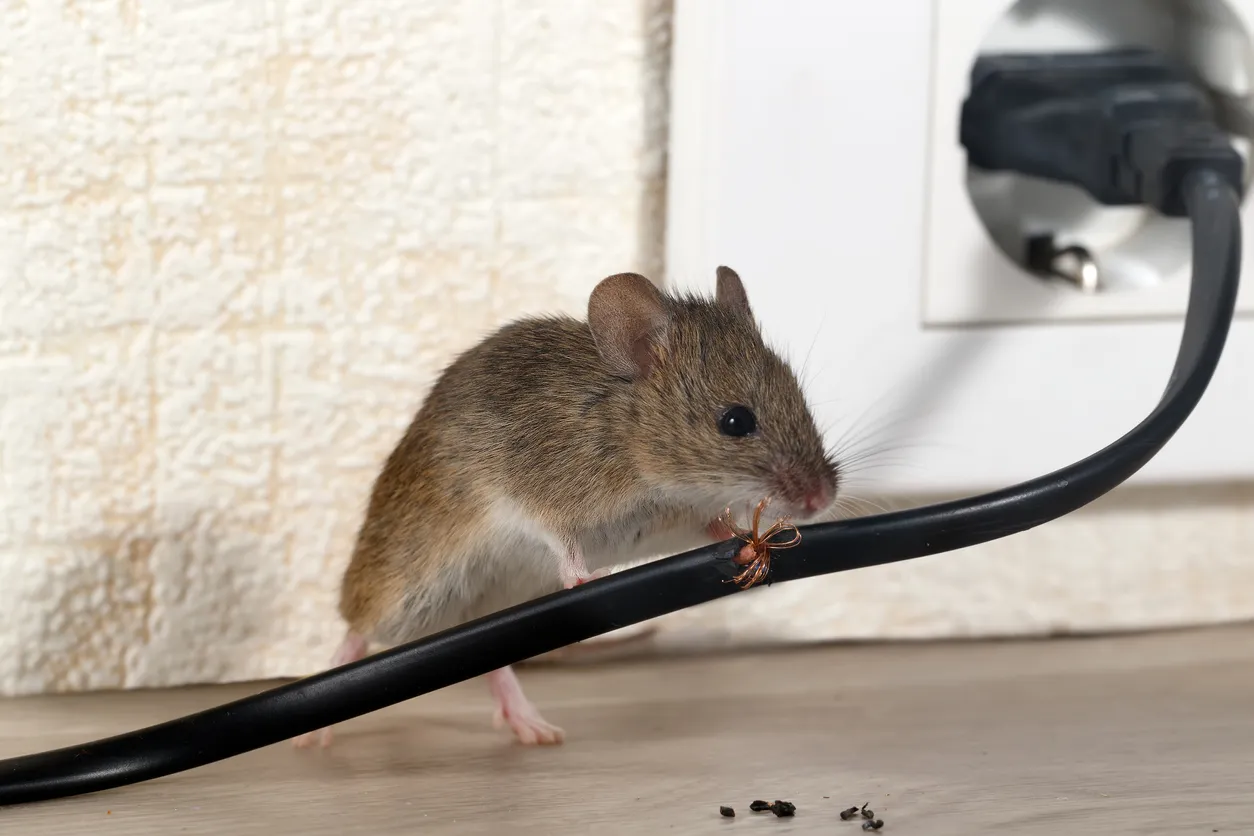
Mice, rats, and other rodents like to gnaw on electrical wires—doing so keeps the length of their teeth in check. Over time, this gnawing can remove the sheathing and leave the wires exposed. The electric current that travels through the wire generates heat, and without sheathing this heat could lead to sparks caused by short circuits, which in turn could ignite the surrounding surfaces. If you think you have a rodent infestation, call a professional exterminator immediately.
11. Neglecting to Clean the Chimney
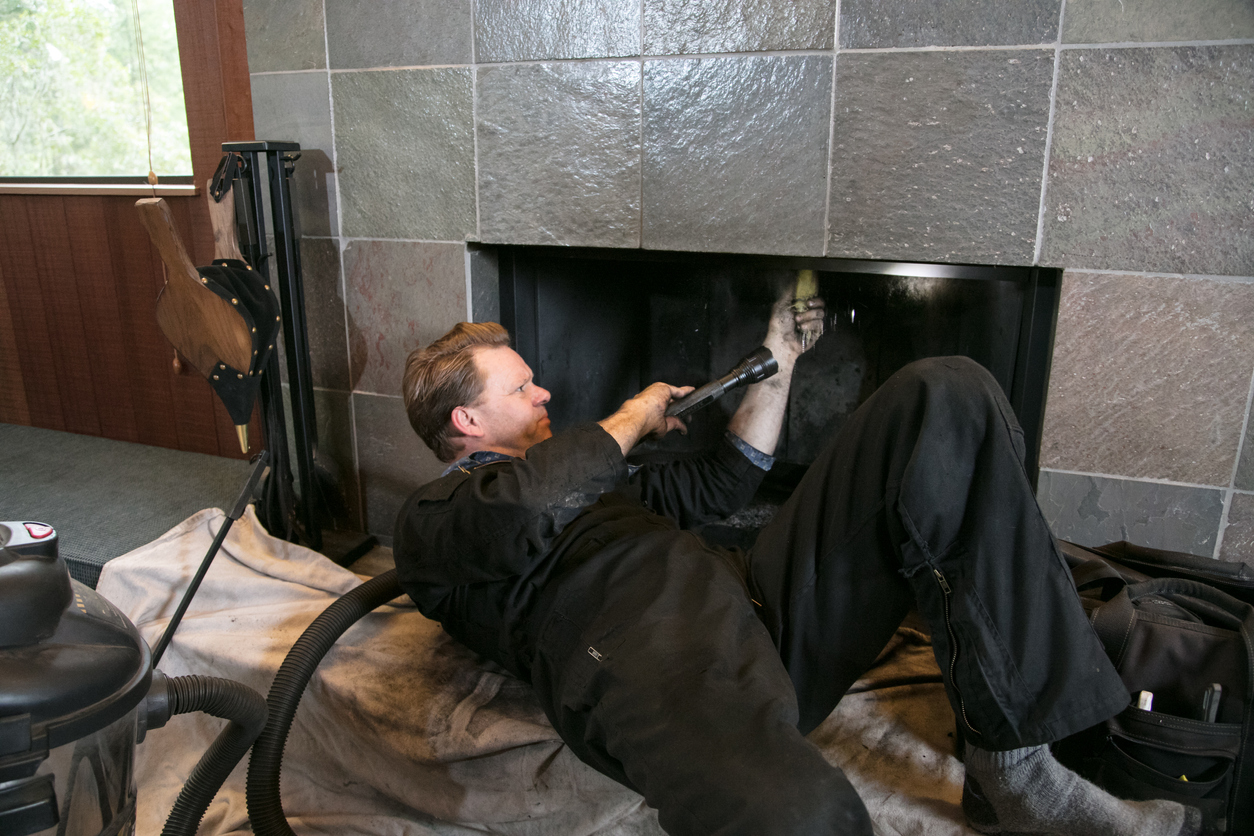
Dead birds, raccoon nests, cracked mortar, and built-up creosote are all common causes of chimney fires. The National Fire Protection Association recommends scheduling a professional chimney sweep at least once a year to clear creosote buildup and ensure the safe operation of the chimney. When you’re building a fire in your fireplace, always light it with an approved fire starter—never kerosene. Other best practices for chimney use include ensuring that a fireplace or wood stove has a sturdy glass door or screen, and keeping materials away from the heat they produce.
RELATED: Whatever You Do, Don’t Burn These 15 Things in Your Fireplace
12. Forgetting to Clean the Range Hood
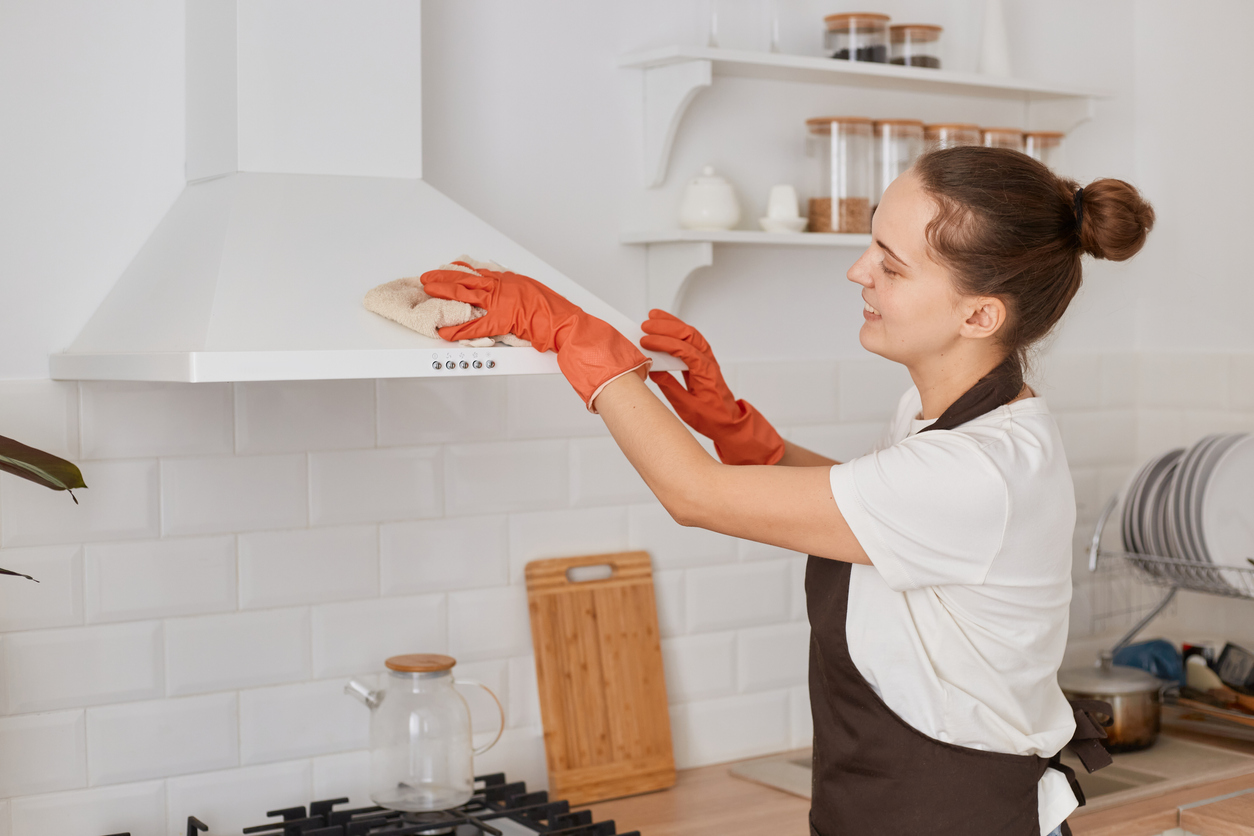
While ovens and cooktops are the most common sources of kitchen fires, range hoods also pose a threat. Over time, grease that has built up on the vent hood filter can drip onto the cooktop, and potentially ignite a fire. From there, the flames could easily reach your cabinets, and before you know it, your kitchen could be engulfed in flames. Regularly clean and maintain your range hood to keep your family out of harm’s way.
RELATED: 10 Emergencies Every Homeowner Should Know How to Handle
13. Positioning Furniture Too Close to Heating Sources
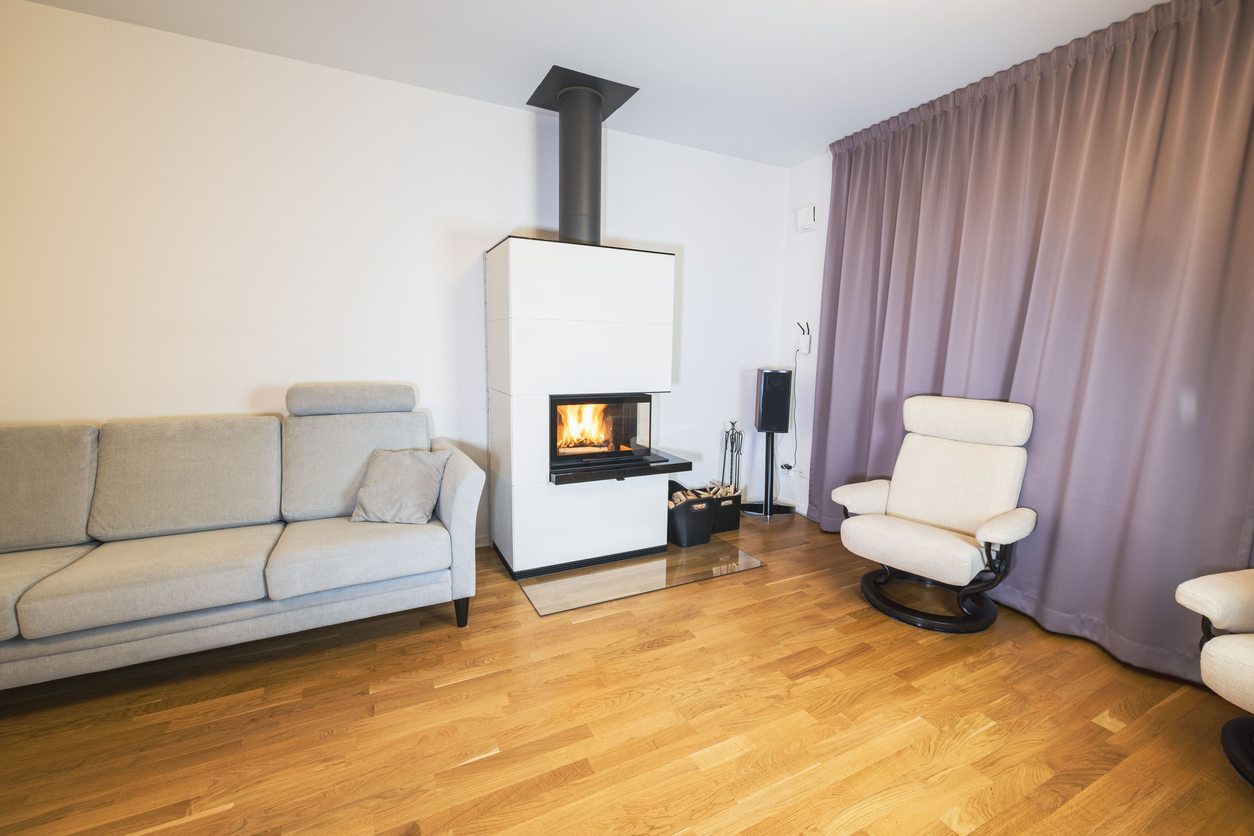
Furniture that’s too close to a wood stove can spontaneously ignite. Pyrolysis, a chemical decomposition of a combustible item, occurs when an object (say, a sofa) is continually exposed to a heat source (a wood stove) and eventually dries out. This leading yet seldom-considered cause of structural fires does not require a direct flame; all it takes is heat and time for ignition to occur.
14. Leaving Candles Unattended
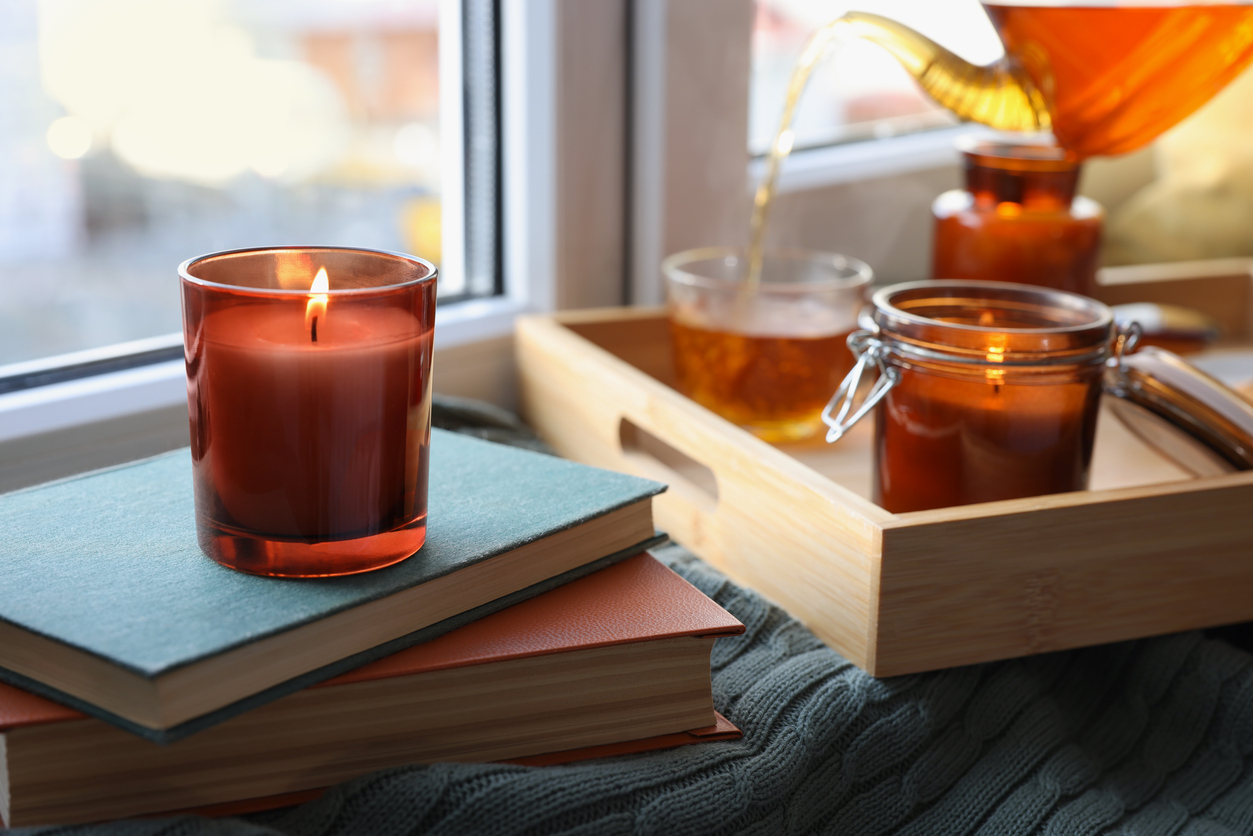
Candles add ambiance and aroma to a home’s interior, but their soft glow can grow into a blaze if they are left to burn unsupervised. It only takes seconds for a dog to knock a votive over, or for a draft to fan a flame and ignite fabrics nearby. Always keep lit candles in sight and away from pets, children, and flammable materials. Before leaving the room, use a snuffer to completely extinguish candles.
RELATED: 15 Ways to Light Up Your Decor With Candles
15. Smoking or Vaping Indoors
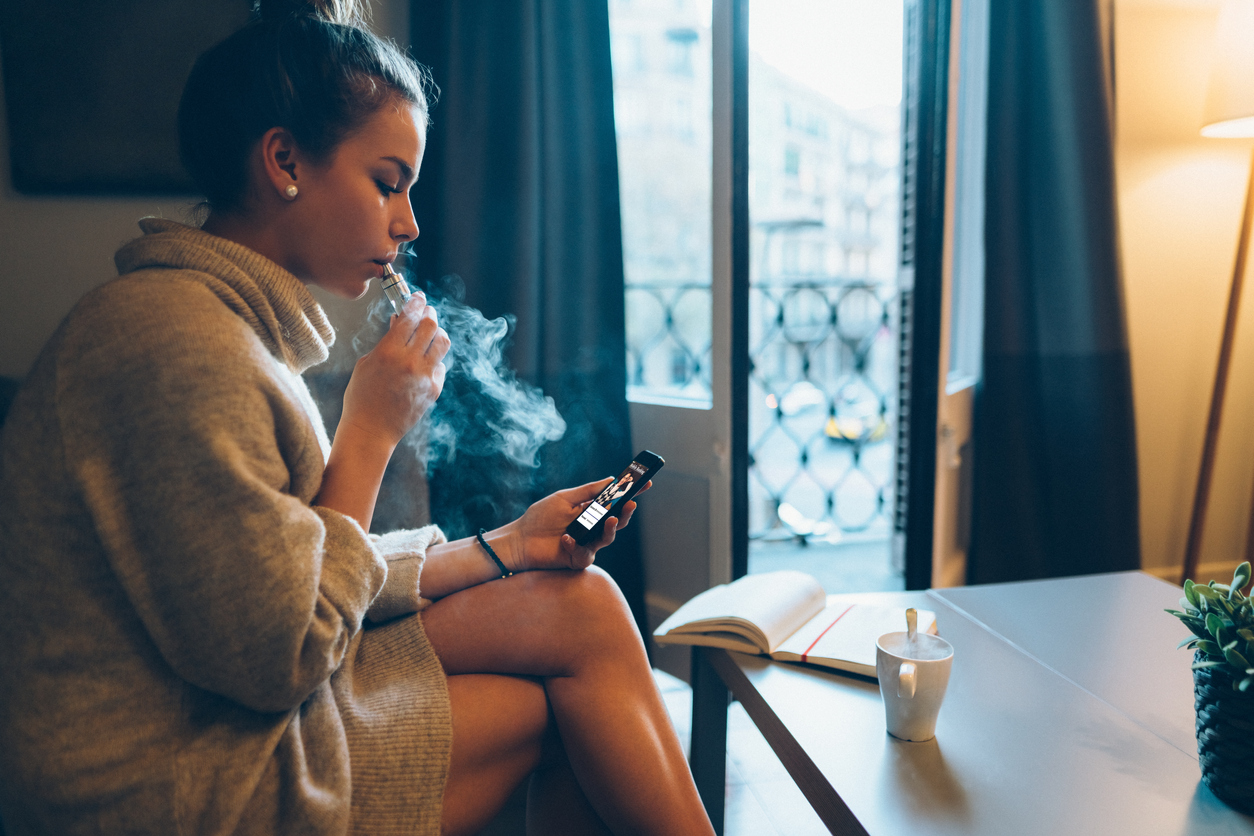
Cigarettes, pipes, and other smoking materials sparked around 7,900 home fires in 2020; careless smoking practices indoors are all too often to blame. The embers of an improperly extinguished cigarette can interact with newspapers or other nearby flammable items and start a fire. Smoking in bed can cause bedding to go up in flames, especially if the smoker accidentally dozes off while puffing. To avoid a visit from the fire department, only smoke outside, and be sure to dispose of ashes and butts in an ashtray or bucket of sand, and wet them before tossing them in the trash.
Lest you think that vaping eliminates fire risk, think again. E-cigarettes can explode, most likely due to problems with their batteries. Always replace batteries that get damaged or wet, keep loose batteries in a case so they do not touch metal objects, and charge your vaping device only during the day and with the charger that came with it (not with a tablet or phone charger).
RELATED: Solved! How to Get Smoke Smell Out of Your House
16. Stepping Away From the Stove
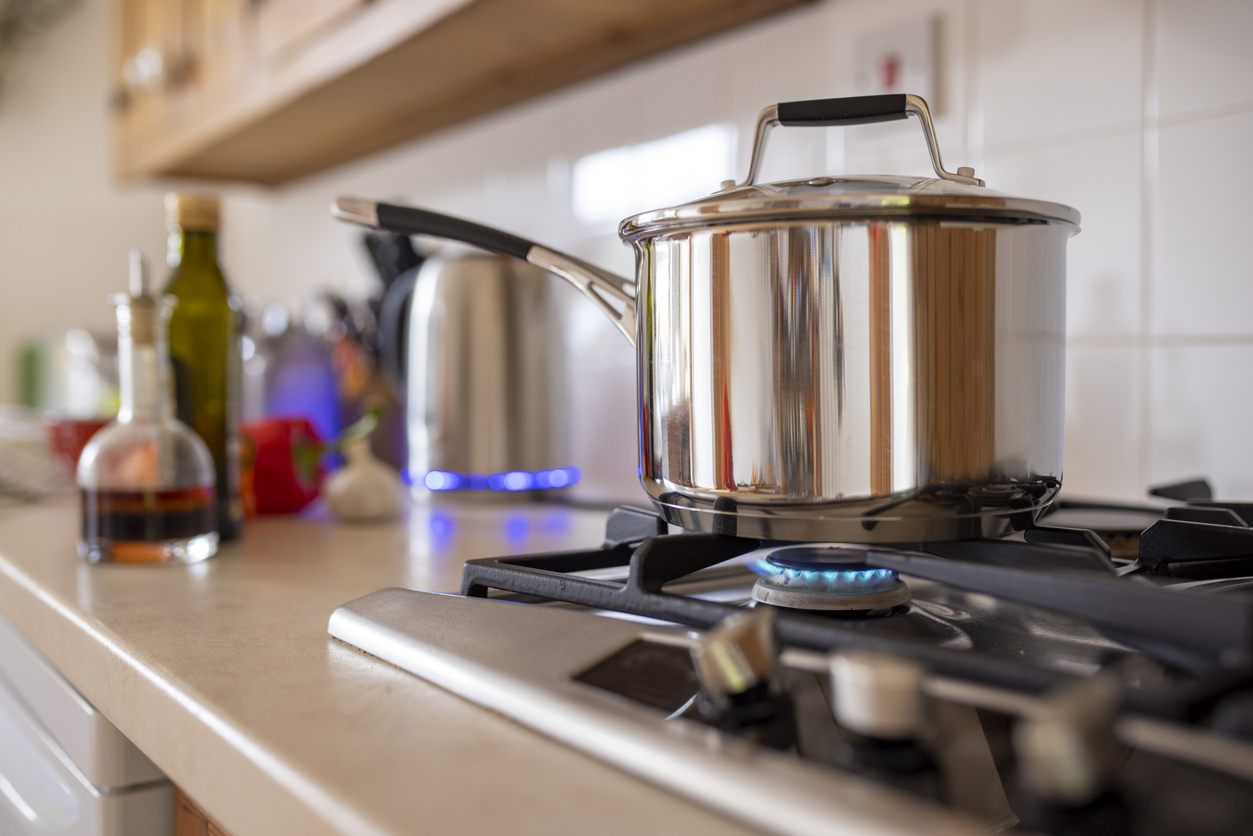
You might think you have enough time to get the laundry out before the onions on the stove brown, but resist the urge to leave the kitchen while the stove is on. A small flame can turn into a conflagration in less than 30 seconds, so stay in the kitchen and your eyes on the stove.
There are ways to reduce the likelihood of cooking fires: Never place flammables like pot holders or kitchen towels on or near the stove. Be aware that some oils (such as avocado oil) have a higher smoke point than others. And if you must step away while cooking, turn off the stove before doing so; the burner won’t take as long as you think to reheat.
17. Overlooking Loose-Fitting Plugs

If plugs don’t seem to stay put in one of your electrical outlets, the metal contact points in the receptacle have likely deteriorated and no longer allow for a secure connection. Continuing to use the shoddy outlet with the missed connection could ignite a spark and cause a house fire as the current moves across air gaps, a phenomenon known as “arcing.” For peace of mind, call an electrician right away to replace the at-risk receptacle.
18. Not Leaving Enough Clearance Around Heaters
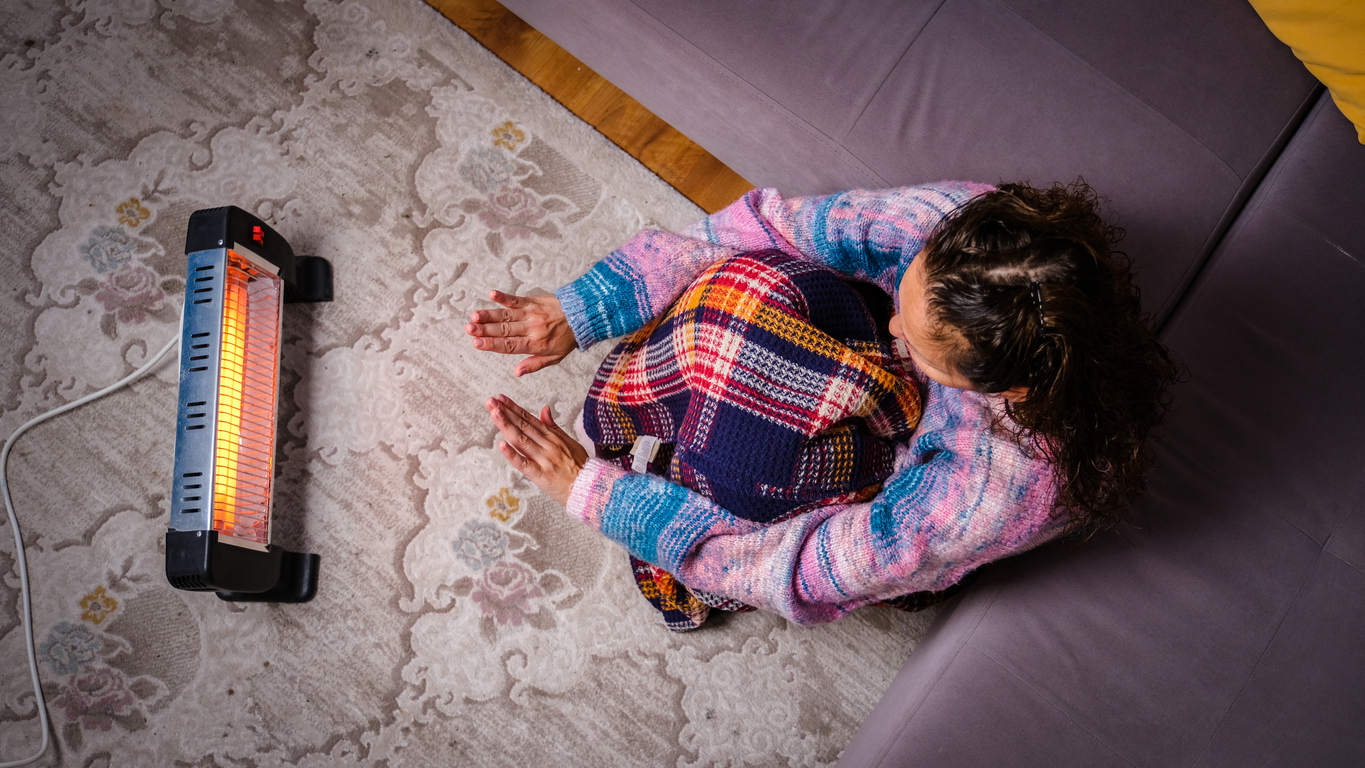
Space heaters that keep you toasty when the duvet alone doesn’t cut it join wood stoves as the culprits in 74 percent of fire-related deaths. When placed too close to other combustible items, those heaters can get too hot to handle—so hot, in fact, that they can catch fire. Only use space heaters that shut off automatically when they’re knocked over. Situate them at least 3 feet from anything flammable, be it clothing, paper, or bedding.
RELATED: Our Favorite Energy-Efficient Space Heater Adds Style to Our Homes While Heating
19. Leaving Crumbs in the Toaster
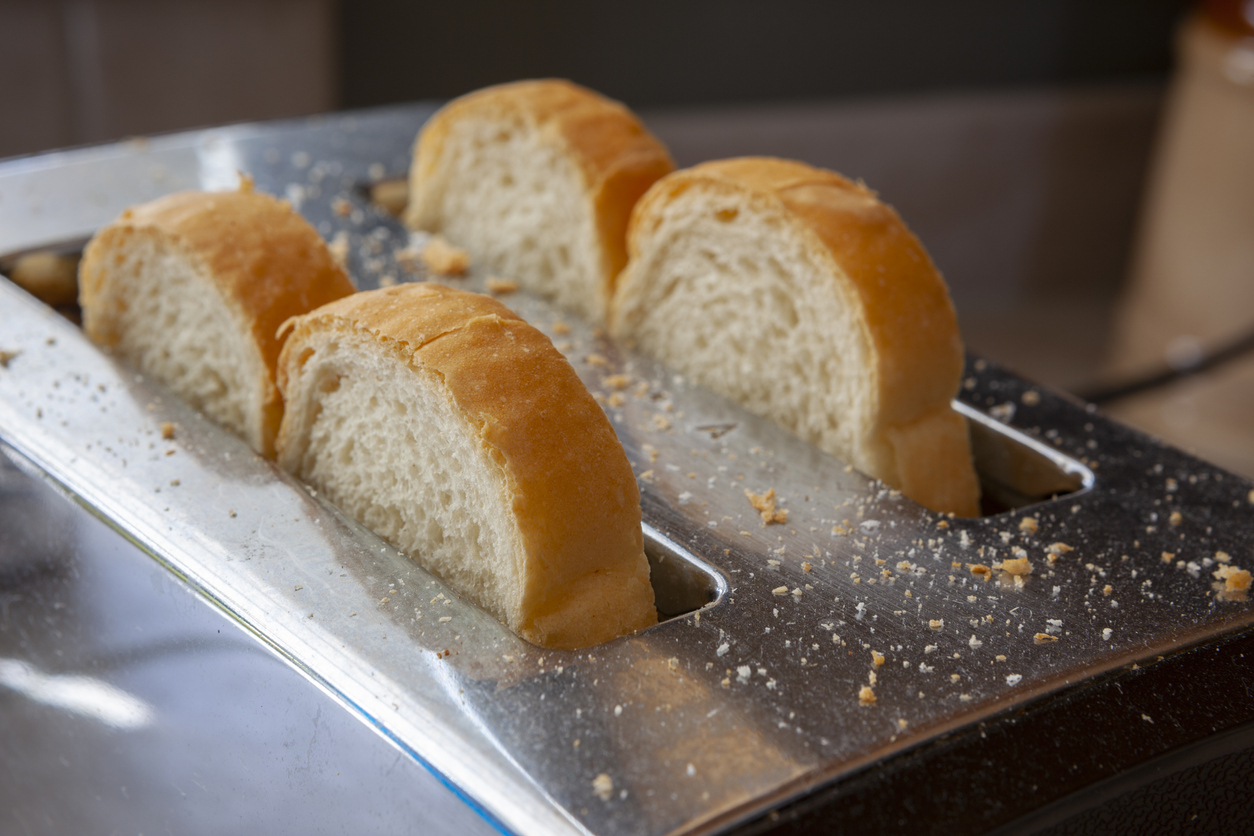
Every time you brown bread or bagels in the toaster, they shed crumbs that fall into the bottom of the appliance. During the next toasting cycle, these same crumbs can heat up and catch fire, and your toaster, along with the kitchen, could, well, be toast. If your toaster has a removable crumb tray, regularly unplug and cool down the toaster, take out and empty the tray, and wash it with warm soapy water to prevent crumb buildup. If the unit doesn’t have a crumb tray, unplug it and gently tip over and shake it to get rid of most of the crumbs.
RELATED: How To Clean a Toaster in 10 Minutes
20. Piling Up Dirty Rags
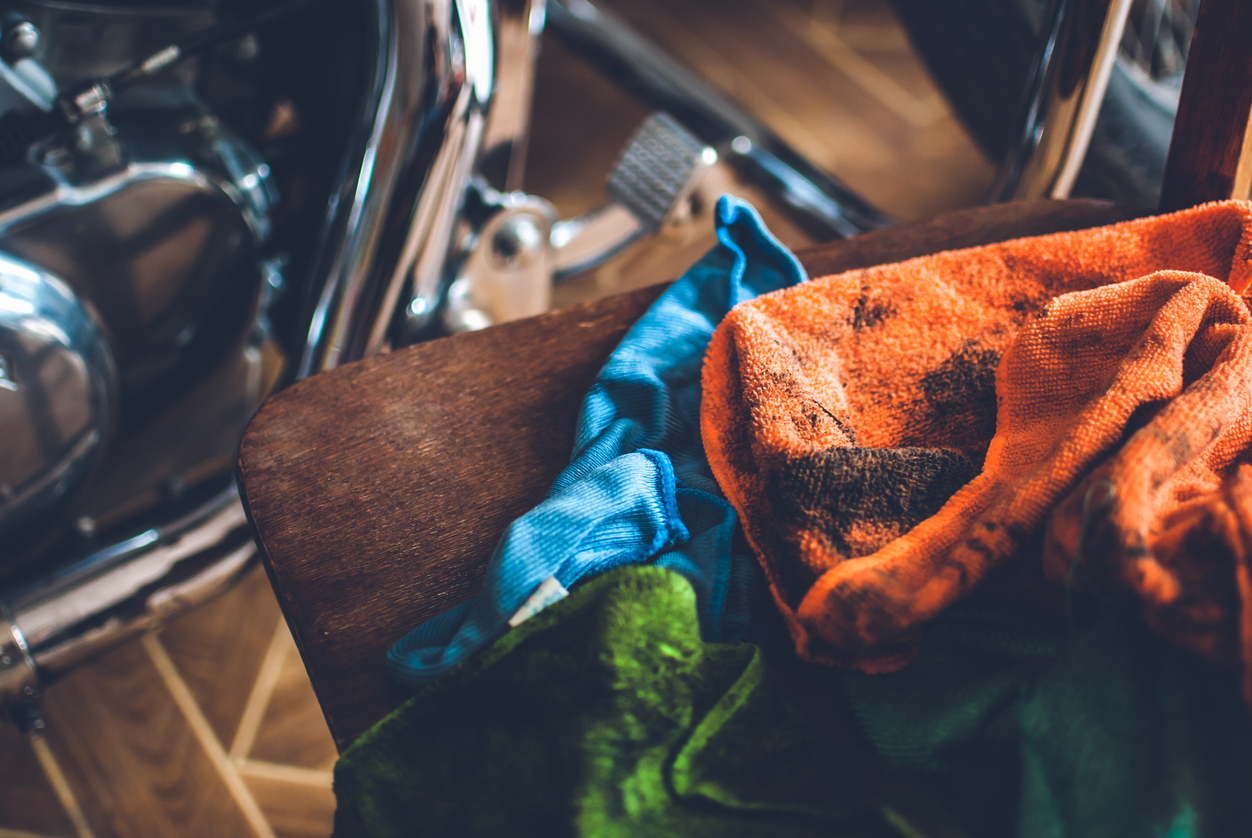
A wood stain can bestow the perfect finishing touch on a DIY furniture project. But later on, that pile of oil-soaked rags you tossed in the corner could trigger the perfect storm: Left unattended, those rags are a very real fire hazard, as they could oxidize and spontaneously combust, causing a house fire. To dispose of oily cloths properly, place them in a metal can that’s been filled with water, and cover it with a tight-fitting lid, or lay them flat outside to dry.
If you must wash reusable rags, be sure to wash them thoroughly—at least twice—and hang them to dry. If they need to go in the dryer instead, use the lowest possible setting.
21. Placing Glass Objects in the Sun’s Path
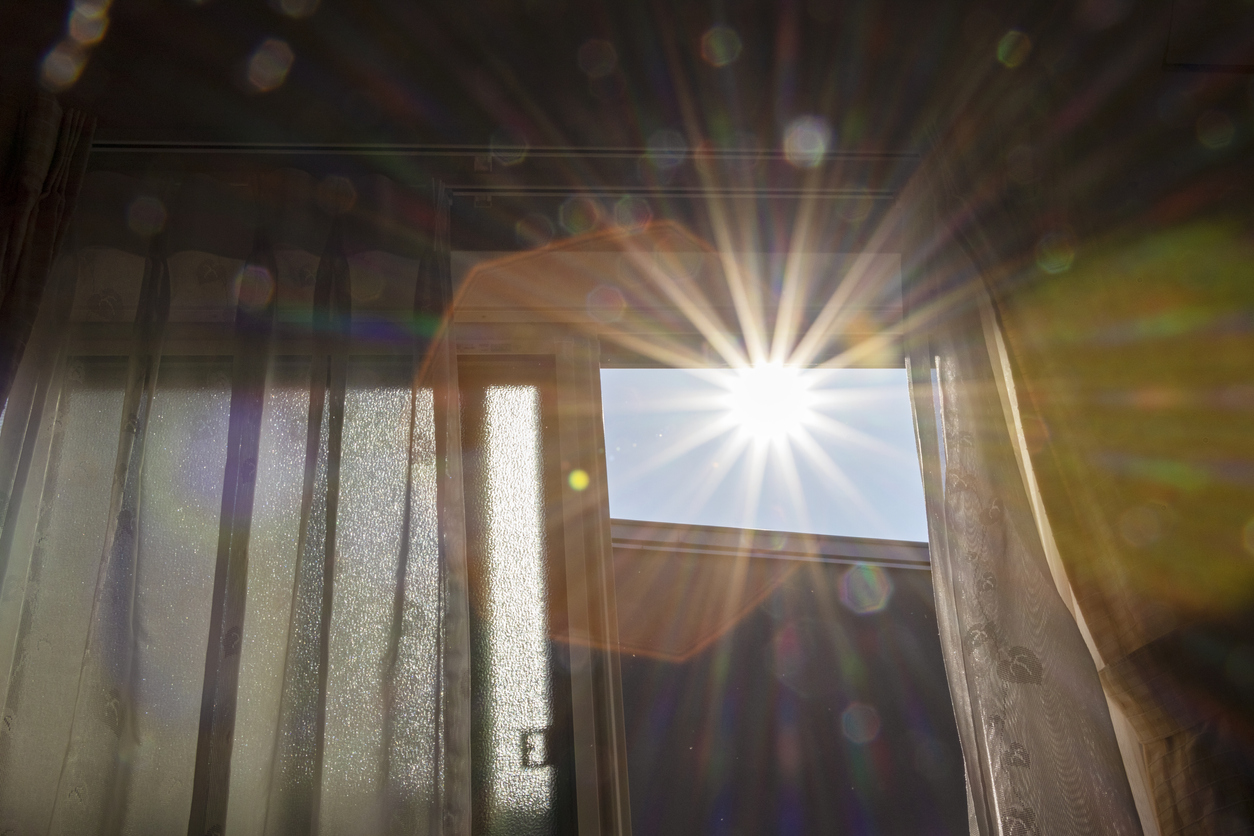
In March 2021, investigators in Stoneham, Massachusetts, determined a recent fire had been caused by a rare but dangerous combination of curved glass, sunlight through a window, and combustible materials. Sometimes called solar magnification, the potentially hazardous phenomenon involves glass objects (in this case beer bottles) in direct path of sunlight. The curved glass magnifies the sun’s effects and can focus intense heat on a small area if exposed for hours. Prevent this from happening at your house by checking the location of glass decorations or discarded bottles to ensure they cannot concentrate sunlight onto furniture, fabrics, or paper piles. Another step to take is to draw curtains in the room when you’re away from home during the day.
RELATED: Blinds vs. Curtains: Which Are Right for Your Home?
22. Not Keeping an Eye on the Christmas Tree
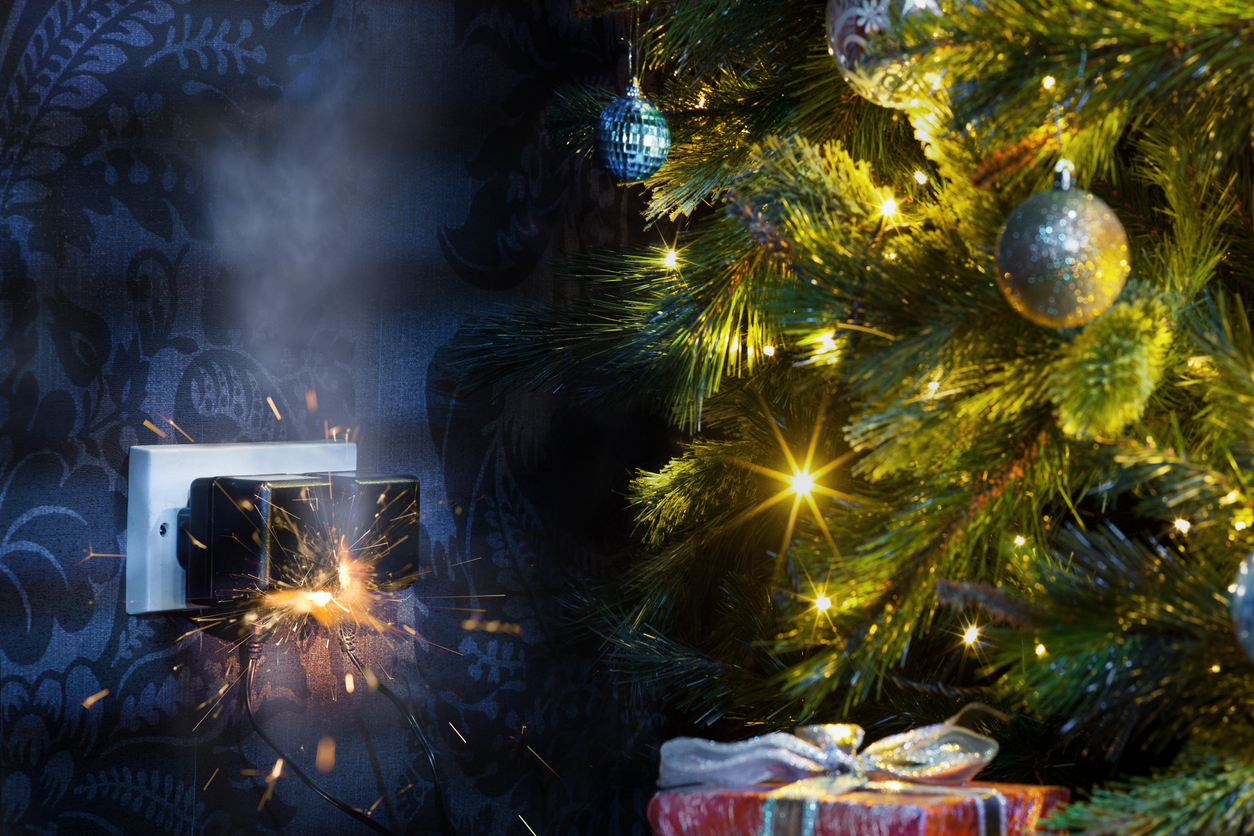
At least 47,000 fires occur each year in the United States during the winter holidays, claiming more than 500 lives. One cause is those sweet-smelling holiday candles; another cause is Christmas trees and lights.
Although Christmas tree fires are a small percentage of home fires, the number is still significant considering that the trees are displayed only a few weeks out of the year. More than 40 percent involve electrical or lighting equipment, and other tree fires start because of wiring, plugs, or proximity to space heaters and other heating equipment.
To prevent Christmas tree fires, make sure your tree is fresh and always watered, or invest in a fire-resistant, high-qualtiy artificial Christmas tree. Make sure to place a tree out of traffic areas and at least 3 feet away from any heat or flame source. Replace worn lights, and always turn them off when you’re sleeping or away from home.
23. Dumping Ashes Near the House
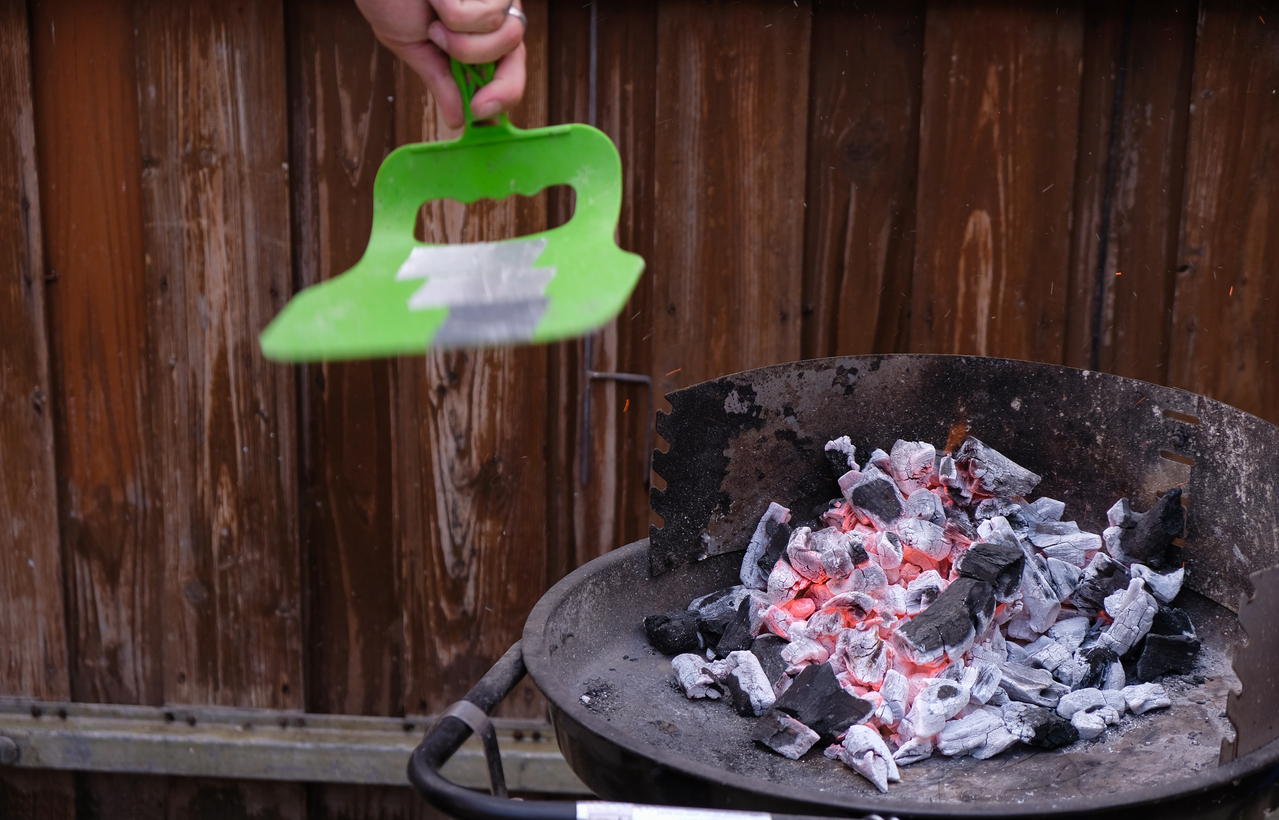
In April 2023, Cleveland firefighters rescued a man from his home’s roof after the house caught fire. The cause of the fire was discarded hot coals from his charcoal grill. He threw the coals into a garbage can while they were still warm, and even though the can was stored outside, the fire climbed at the back of the house and the wind enriched the flames.
Coals and ashes from grills, fireplaces, and wood stoves can stay hot for several days. When you’re done grilling or using the fireplace, let the ashes remain there for a few days if possible, since these heating and cooking devices are designed to contain flames. Store disposed ashes in a metal container away from the house or other combustibles and douse the ashes with water. Never add anything else to the bucket or store coals and ashes in combustible containers.
RELATED: 10 Good Uses for Charcoal Briquettes That Have Nothing to Do With Grilling
24. Leaving Lighters Within Kids’ Reach
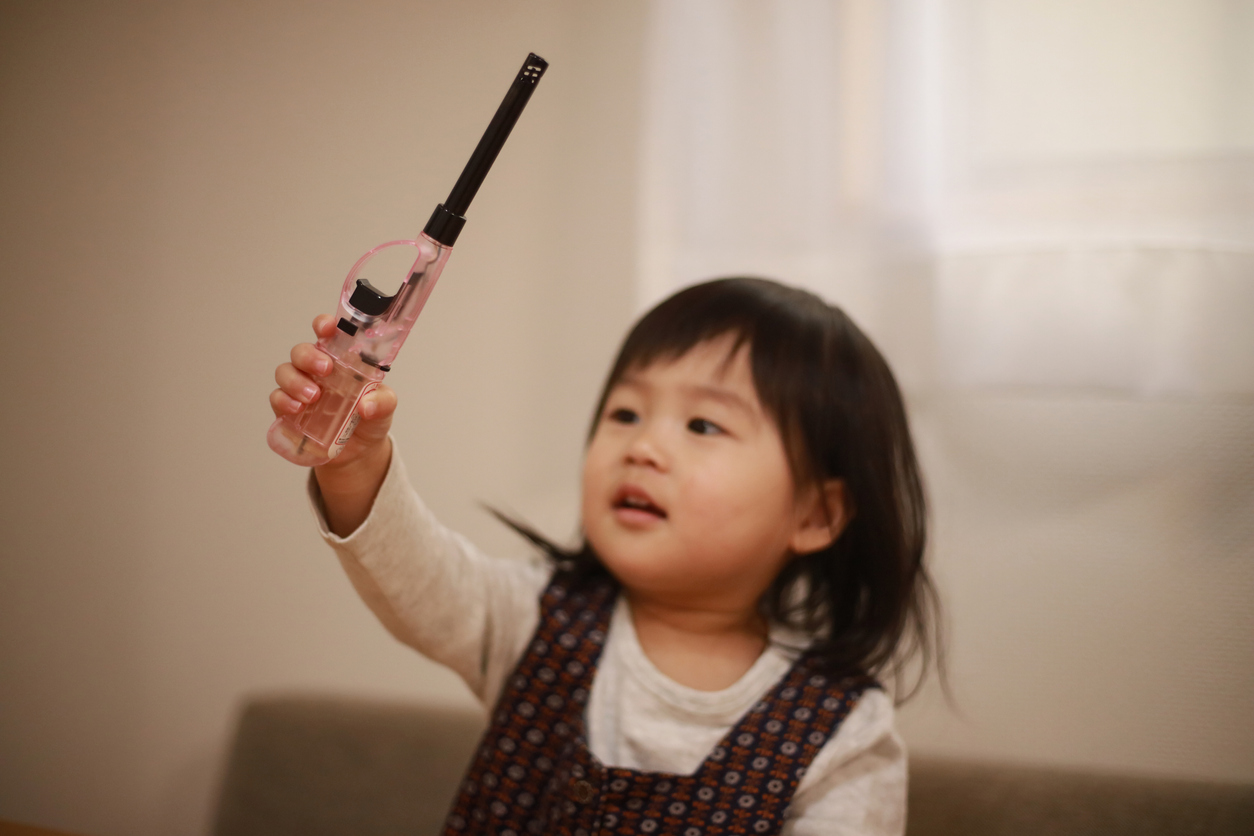
The old adage “don’t let children play with matches” rings true, even if matches are not as common as lighters. According to Nationwide Children’s Hospital, children playing with fire cause about 20,000 fires a year. What’s more, they seldom play out in the open, but behind a closed door in rooms filled with flammables like clothing or bedding. Keep those cigarette and grill or candle lighters out of reach, especially of preschool and kindergarten age kids. Always supervise children under age 6 around candles and stoves as well and teach them fire recognition and safety.
25. Not Sweeping Up Sawdust in the Workshop
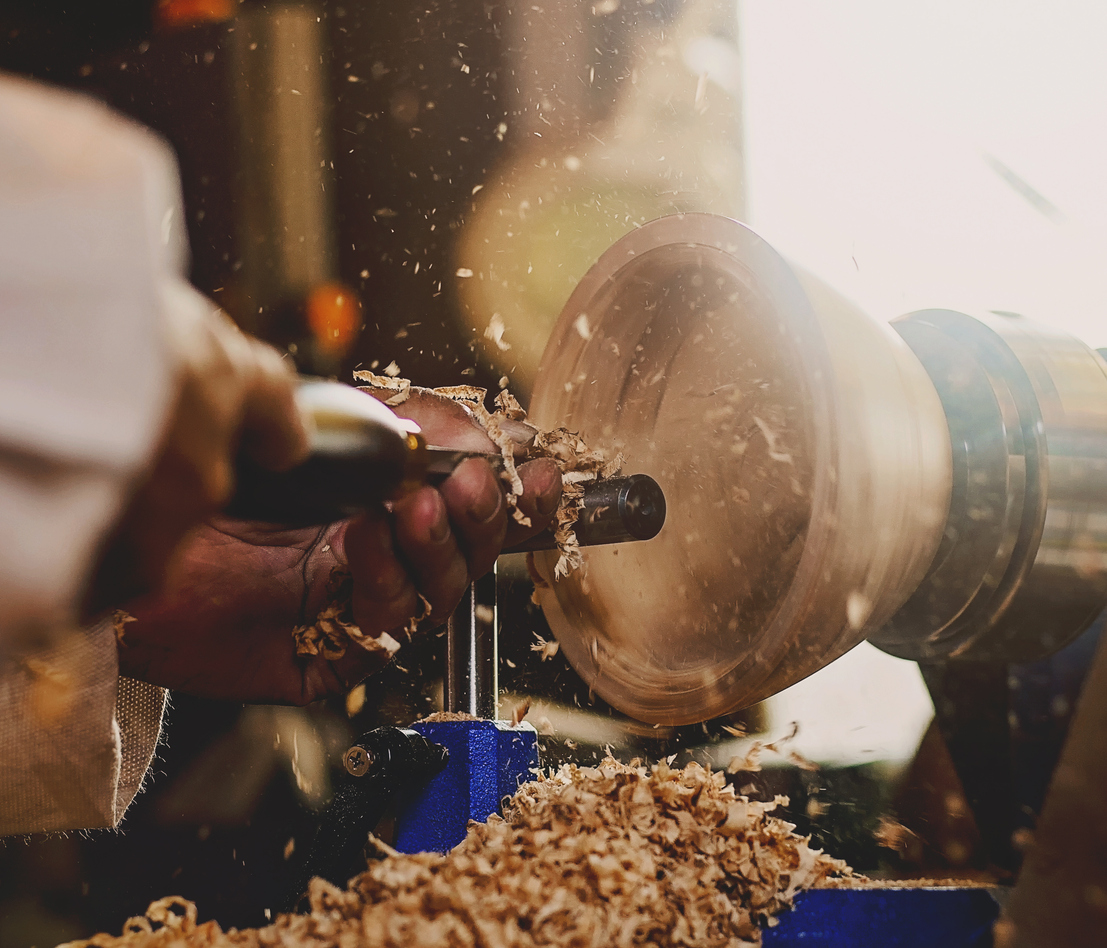
Weekend DIY warriors might not want to spend their limited work time cleaning up after their home improvement or woodworking projects, but clutter—especially piles of sawdust—can be combustible. It takes only a small spark to trigger an explosion or fire in an enclosed space where sawdust has collected. Since work on many projects takes place in garages and sheds near a house, it’s important to keep up with cleaning regularly.
The best way to dispose of dust is to suck it up in a vacuum approved for combustible dust and then empty it. A 2019 fatal fire in Poughkeepsie, N.Y., was caused by spontaneous heating and combustion of sawdust that filled a floor sander’s dust collection bag that was in the home’s living room. Place wood pieces and other project debris in a safe outdoor space. Serious woodworkers can purchase a dust-collection system like the Shop Fox W1727, the top pick in our researched guide to the best dust collectors.
